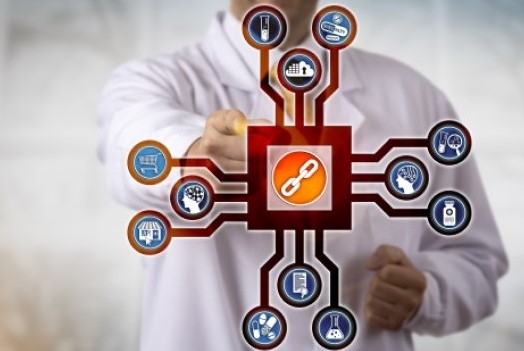Health IT Execs Unhappy With EHR-Based Analytics Packages
Technology just keeps getting better and better, right?
Not always. A recent survey of health IT leaders reveals that they are most often unhappy with their electronic health record (EHR) packages.
Healthcare IT Today reports on a survey of 108 healthcare leaders that asked about their use of analytics platforms. It starts out with some fairly positive data:
- 90% of these organizations reported using the analytics in their EHRs
- 50% using EHR analytics as their exclusive or primary analytics tool

With that in mind, you might assume they are pleased with their choices. Turns out, they are not.
- On a scale of 0 to 10 (with zero equal to extremely dissatisfied and 10 extremely satisfied), those using EHR analytics had a not-so-robust average satisfaction rating of 5.58.
- More than half of the respondents said the component was not robust or advanced enough.
- Users of in-house solutions are at an average satisfaction rate of 6.51
- Specialized analytics platform users are at an average satisfaction level of 6.69.
So, why so many unhappy users?
The most common complaint seems to be that reporting and querying of EHR analytics is slow (cited by 43.4%). In addition, 35.8% said that the component was not robust or advanced enough to meet their needs, 30.2% said that these tools pose interoperability challenges with other systems, 28.3% said EHR analytics didn’t provide the visualization needed and 26.4% said the user interface was difficult to understand or use.
Another Healthcare IT Today column explores a new national survey of healthcare workers by Eagle Hill Consulting that reveals "almost half of them report that their employer introduced a new technology in the last two years, but only 29 percent say their company invests in the right technologies to help employees do their job."
Healthcare IT Today continues:

Not only that, survey respondents suggested they hadn’t gotten enough training to use the new technologies. More than three-fourths of healthcare workers said they needed to acquire new skills to adapt from new technologies, but only 44% reporting that their company gives them enough support to understand and benefit from these technology investments.
The lack of support may stem from ignorance of employee needs. Less than 20% of responding workers reported that they were asked for input on technology investments. Not only that, 13% of respondents said that they were completely unaware of technology changes in their company. Researchers also found that when companies that do actually solicit feedback, they do so after the new tech has been purchased.
The message? IT leaders need to take into account the work habits and needs of employees when they’re making investment decisions in tools and tech that will become part of their day-to-day rhythm and structure. Identifying pain points that employees are struggling with, such as manually posting paper-based remits and EOBs/EOPs, and finding technologies that will automate the process to alleviate these tasks will yield proven results while increasing worker satisfaction.
